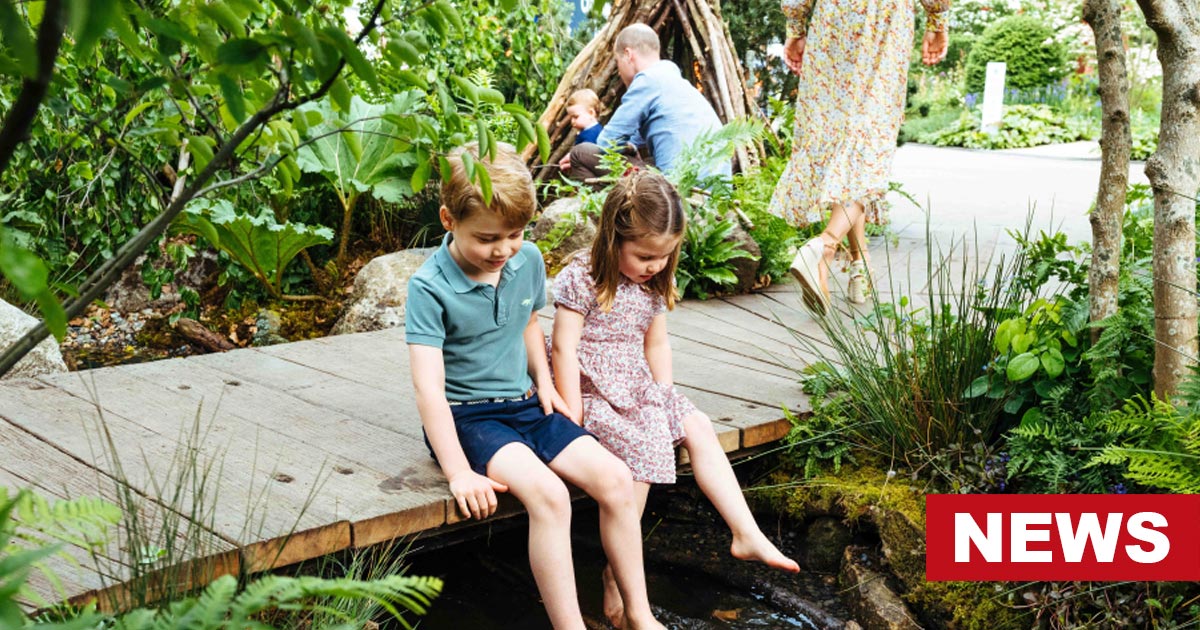- Studies claim that gardens grow mental health and can act as public interventions for treating mental health disorders.
- By embracing gardens, communities can cultivate mental health benefits, foster connection, and enhance the quality of life for society as a whole.
Public gardens have long been recognized for their aesthetic beauty and environmental benefits, but recent research suggests that they may also contribute significantly to mental well-being.
Sara Baumann, a professor at the University of Pittsburgh School of Public Health, conducted a study in post-earthquake Nepal that examined the intersection of arts and public health. While focusing on dancers, spoken word poets, muralists, and weavers, Baumann discovered a profound connection between art and improved health outcomes, stress reduction, and enhanced community cohesion.
Although gardening was not explicitly explored in the study, Baumann argues that gardens can grow mental health. It can be considered a form of public art with a substantial impact on public health.
Often, the arts are associated with activities such as painting, drawing, and music, but gardening offers a broader perspective that aligns with a public health approach. By viewing gardening as an art form, researchers can unveil its potential to bolster mental health and promote community well-being.
Public health initiatives traditionally prioritize physical health at a population level, implementing measures like chlorine in tap water to prevent waterborne diseases and iodine in table salt to protect thyroid health.
However, with an increasing number of Americans—57.8 million—struggling with mental illness, it has become imperative to explore every available avenue for supporting mental well-being. This includes recognizing the value of diverse art forms, including gardening.
The physical benefits of gardening are well-documented, such as increased exposure to sunlight for vitamin D production, cardiovascular improvements, and enhanced flexibility. Additionally, emerging data indicate that soil components can influence neurotransmitters, which contribute to feelings of well-being.
As researchers like Baumann begin to classify gardening as an art, the extensive body of research demonstrating a correlation between exposure to the arts and improved mental health outcomes can also be applied to the therapeutic benefits of gardening. This finding holds true for both gardeners and those who appreciate gardening as an art form, making it relevant in our current “semi-post-COVID world.”
Baumann’s 2015 study on community art in Nepal revealed that the mental health benefits extended beyond the creators of the art. Observers of the art, even if they did not actively engage in its creation, experienced reduced stress levels and improved health outcomes.
Drawing a parallel to gardening, one can argue that the benefits of a garden are not limited to the gardener alone. Gardens grow mental health and so, by merely appreciating someone else’s garden (taking in its colors, sights, and smells), community members may also experience positive health impacts. This perspective challenges the notion of what constitutes a “public” space for art.
Gardening, as Baumann describes it, involves exploring the different textures, colors, and combinations of plants. Unlike art confined to designated community spaces or botanical gardens, gardens can manifest in various forms, whether it be a vibrant meadow teeming with wildflowers and attracting birds and insects or a humble garden in a neighbor’s yard.
Baumann suggests that even passively encountering and appreciating someone else’s garden could benefit the community and foster positive health impacts. This exploration of gardening as a public art form becomes crucial as it affects individuals on a personal level and influences community dynamics and connections.
Elaborating on how gardens grow mental health, Baumann wrote in an op-ed published by the Pittsburgh Post-Gazette: “I think about that translating here as walking by someone’s garden and appreciating it — taking in the colors, and the sights and the smells … Could that be benefiting the community even if they didn’t have their own garden?
I don’t know the answer to that, but I would hypothesize that there would be positive health impacts. This is a critical space to explore because it impacts people at individual levels, but also how we relate to others and build community.”


